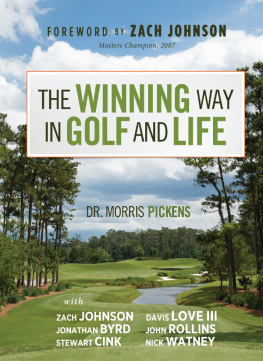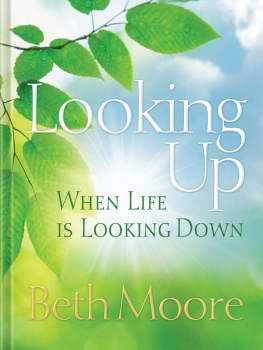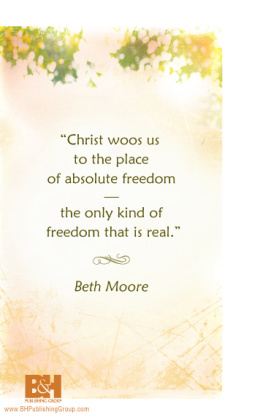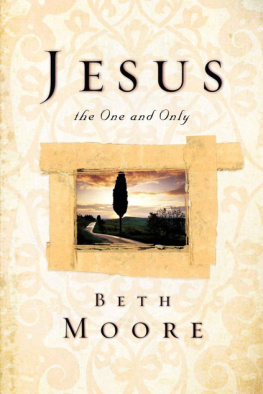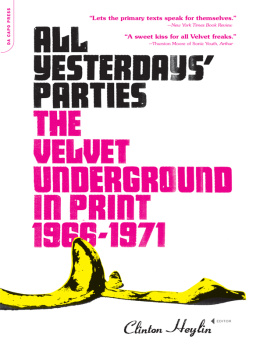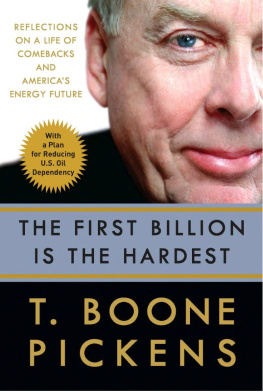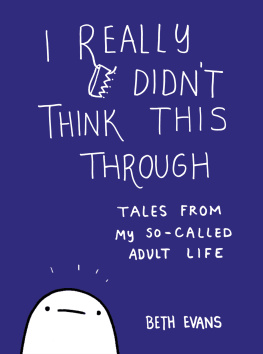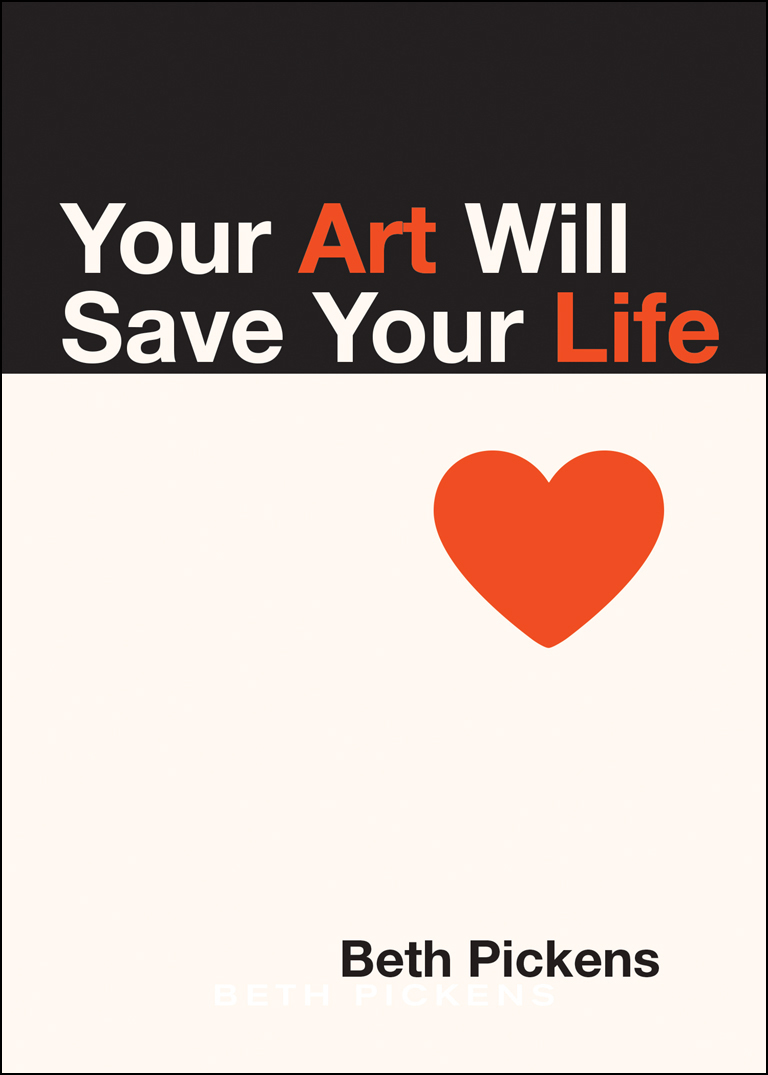
Published in 2018 by the Feminist Press
at the City University of New York
The Graduate Center
365 Fifth Avenue, Suite 5406
New York, NY 10016
feministpress.org
First Feminist Press edition 2018
Copyright 2018 by Beth Pickens
All rights reserved.

This book was made possible thanks to a grant from the New York State Council on the Arts with the support of Governor Andrew Cuomo and the New York State Legislature.
No part of this book may be reproduced, used, or stored in any information retrieval system or transmitted in any form or by any means, electronic, mechanical, photocopying, recording, or otherwise, without prior written permission from the Feminist Press at the City University of New York, except in the case of brief quotations embodied in critical articles and reviews.
First printing April 2018
Edited by Michelle Tea
Cover and text design by Drew Stevens
Library of Congress Cataloging-in-Publication Data
Names: Pickens, Beth, author.
Title: Your art will save your life / Beth Pickens.
Description: First Feminist Press edition. | New York : Feminist Press, 2018.
| Includes bibliographical references.
Identifiers: LCCN 2017056599 (print) | LCCN 2017057342 (ebook) | ISBN 9781936932306 (ebook)
Subjects: LCSH: ArtistsPsychology. | ArtEconomic aspectsUnited States.
| ArtVocational guidanceUnited States.
Classification: LCC N71 (ebook) | LCC N71 .P395 2018 (print) | DDC 700.1dc23
LC record available at https://lccn.loc.gov/2017056599
For Famig and Other Famig
CONTENTS
Table of Contents
Guide
Dear Artist,
You are holding my love letter to artists. Artists are the most important people in my life, and I need you to stay active and creatively engaged through this and all political shifts. Your art will help you navigate the world, and it will light the way for others.
I have dedicated my professional and volunteer life to artists, especially those who are marginalized in the dominant art worlds: women, queer and transgender artists, artists of color, low-income artists, emerging artists, dropouts, artists who never sell anything, and brilliant weirdos who make work that defies commercial understanding. I want artists to reflect the world back to me, interpret it, and create new worlds for me to imagine.
After the 2016 presidential election, many of my artist clients said things like, Maybe I should quit making art, Its kind of selfish for me to focus on my art now, and I should help people in a more effective way. These are expected grief responses to the shock and horror of our times, but I beseech you: DO NOT STOP MAKING ART. I need it profoundly. We all do.
Anytime you feel overwhelmed by humanitys impact on people, animals, and the planet, or, really, anytime you think you cannot leave the house because the world is too hard, I want you to think about the art, performances, music, books, and films that have made you want to be alive. Think of how those artists, like you, probably felt overwhelmed by their livesand the times they were living inbut made the thing anyway. Your future audiences need your work, so you need to make it.
I focus on history for perspective; this helps me take strategic next steps. I read about artists making work during war, in times of violence, and despite systemic neglect. For example, I like to look to artists living during the AIDS pandemic. I read a lot about the role artists and activists played in changing science, research, policy, and culture; the anti-AIDS movement was largely orchestrated by artists and activists, many of whom were young and watching their friends die.
Today we are in a different time and place. Depending on who you are, the Trump administration may not impact you drastically or you may encounter devastating, life-changing experiences. We dont know what will happen, but historically, under oppressive regimes and fascist governments, it is the brave and creative ones who lead, who solve problems, and who incite, inspire, organize, comfort, satirize, and reflect.
You are not alone. You have what you need for your life, for art, and for justice. Stay with your creative path, trust your vision, and know that your contributions will matter to someone else.
The realization that art could first save and then expand my life came when I was a teenager in a troubled home. Life with my mentally ill mom and alcoholic dad near Pittsburgh, Pennsylvania, before the internet, was difficult. A smart, queer feminist without the language to talk about any of itlet alone identify with those lineagesI was profoundly depressed and mostly miserable. I ached for art and counterculture (remember that word?), but they were really hard to come by in small Rust Belt towns in the nineties. I read books, made zines, bought 45s, and ordered Sub Pop record catalogs out of the back of SPIN magazine, which at the time was a wonderland filled with mysterious ads for things like The Anarchist Cookbook.
Then, in 1994, the Andy Warhol Museum opened in downtown Pittsburgh. I was fifteen and fortunate to be present for the museums midnight opening thanks to my neighbor Carol, an artist and public school art teacher who saw in me a deep need for connection to something beyond what was available in my sad town and busted school. Something new was born in me that night as I wandered the museum from top to bottom, looking at Warhols iconic and more obscure works, obsessively combing through the gift shop, gawking at the drag queens and kindred freaks clamoring to explore this unfathomable building. That museum opening uncovered an intuition stifled by my surroundings: there would be places I belonged and there were communities I must find.
Back then I could barely understand, let alone articulate, what was so important to me about the museum, but now I know it clearlyit was a history and lineage of queer art. Andy Warhol made an exciting life for himself despite his impoverished Pittsburgh upbringing. I saw color and humor and possibilities for a better future. I saw strange people who made their own world, and it looked wild and limitless. I saw political discourse and tongue-in-cheek paintings, sculptures, and drawings. The Factory, music, art, women, style, humor, sex, and outrageous drugsI just had to turn eighteen and move away! That became reason enough to live through my remaining years in high school.
Its been more than twenty years since that night at the Andy Warhol Museum, and since then I have consistently, heavily relied on artists to make me want to be in the world at its worst and embody a deeper experience of life at its best.
My early career background was in professional feminist activism and higher educationI cut my teeth in a university womens center where I learned a lot about how to be a person, a feminist, and a friend. I decided I should be a therapist, so I earned a masters degree in counseling psychology. In 2007, after a decade in the Midwest, I moved to San Francisco to live in a queer community filled with artists. There, I began working exclusively in the arts and with queer artists, learning how to raise money for artists and for nonprofit arts organizations.
From 2009 to 2013, I helped organize a queer writers retreat through the San Francisco literary nonprofit RADAR Productions. Along with the writers Michelle Tea and Ali Liebegott, I hosted dozens of LGBTQ writers and artists each year, providing them with weeks of quiet working space, delicious group dinners, and creative community in the Yucatn Peninsula. As it was a passion project, we worked hard to raise the money to create this free retreat for the artists and writers we adored, many of whom had little to no access to other colonies and residencies. We knew so many gay geniuses and wanted to support them.


